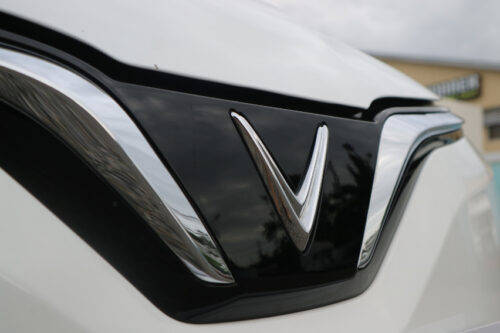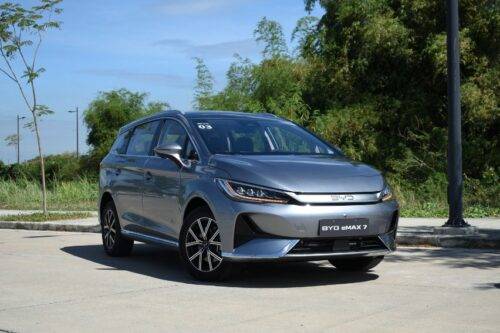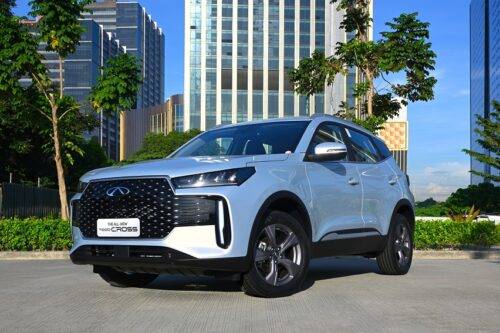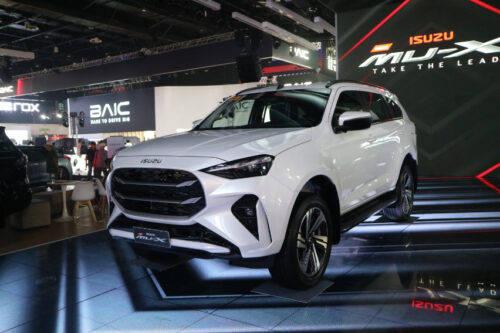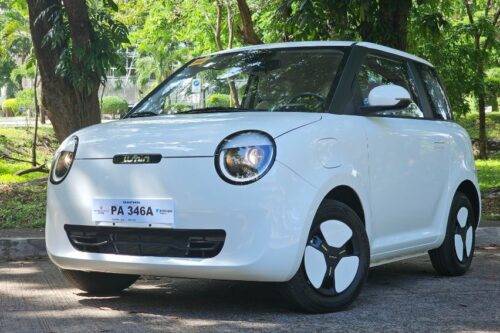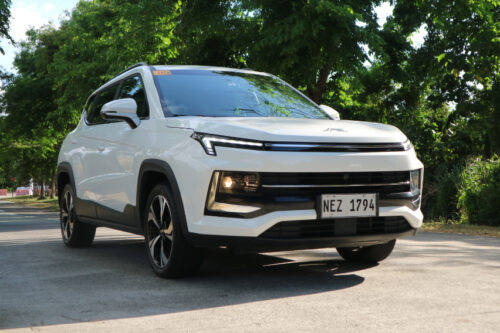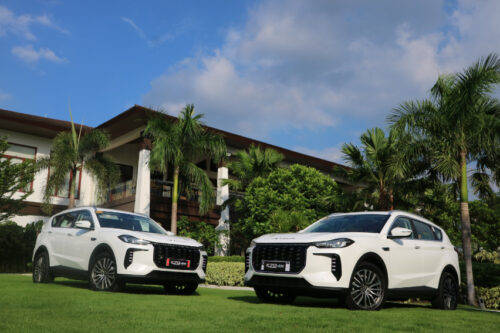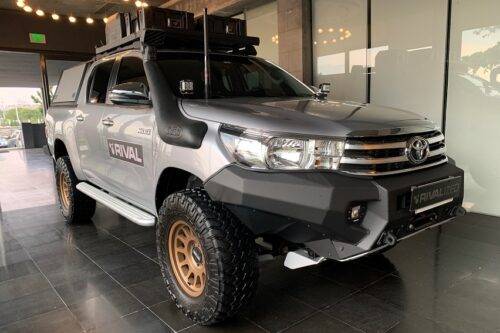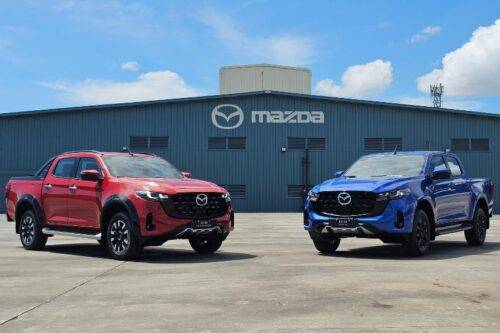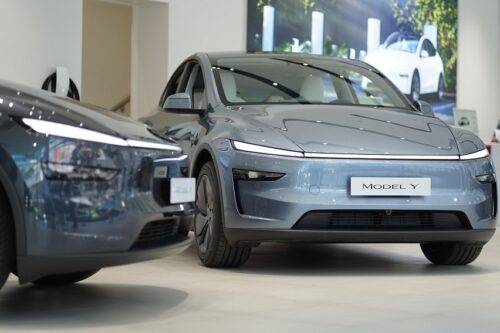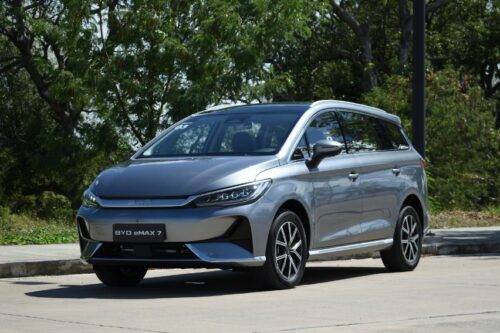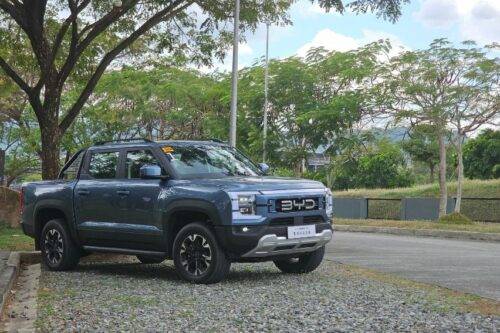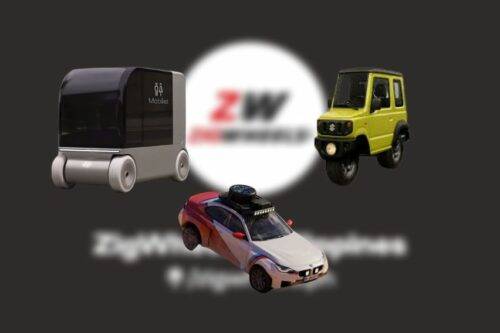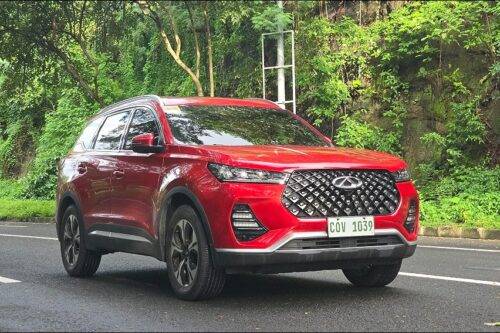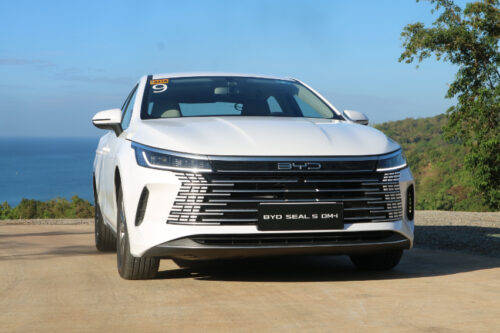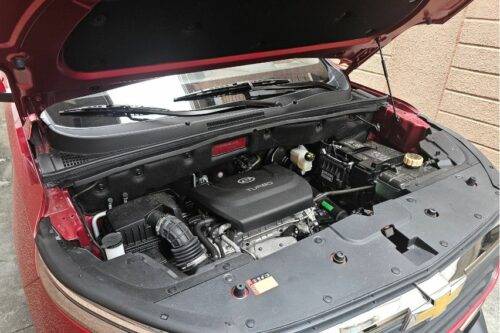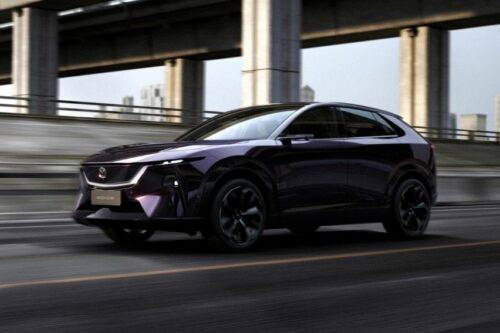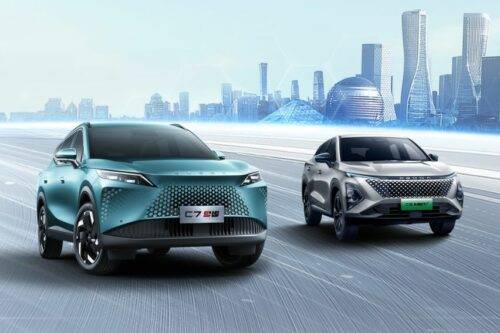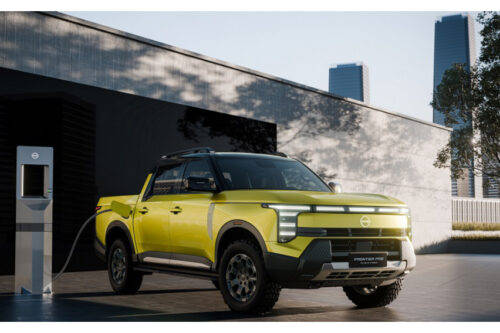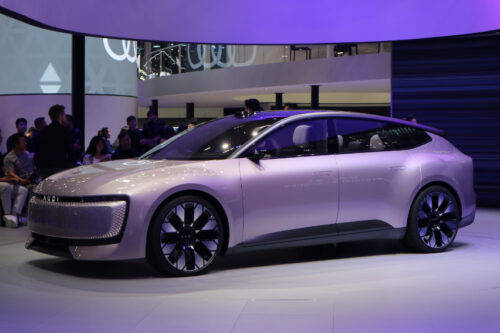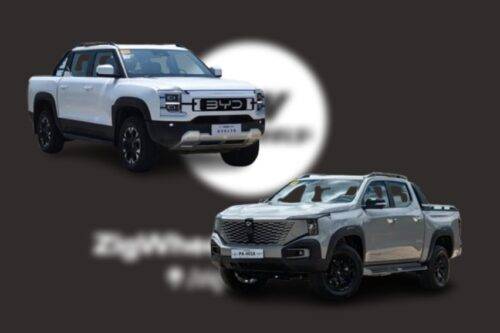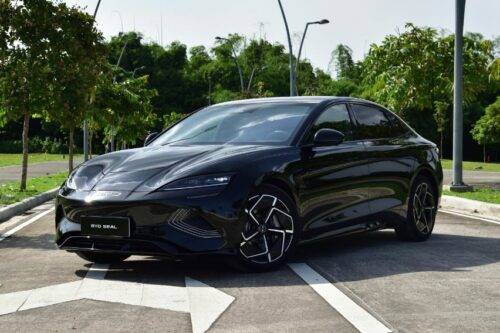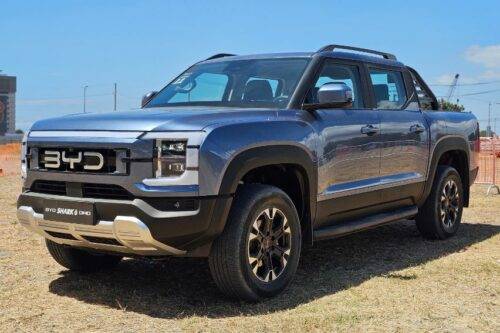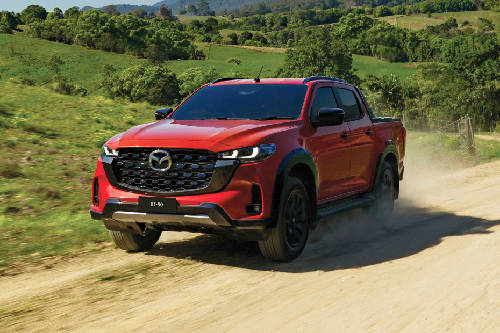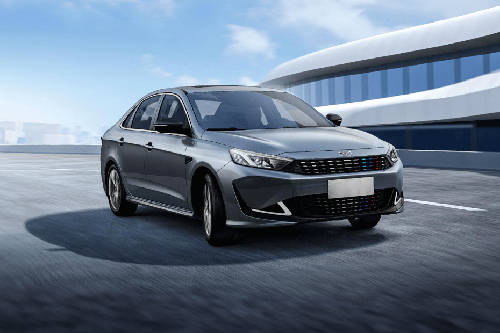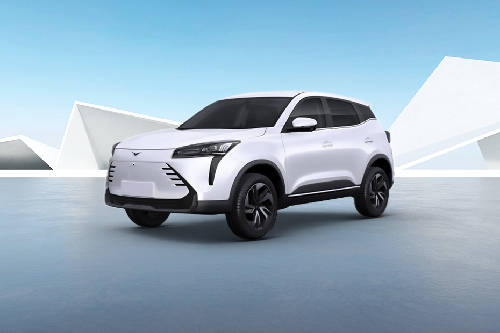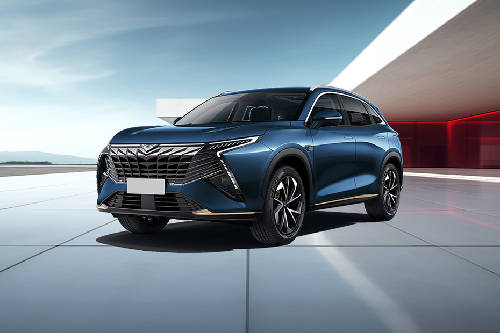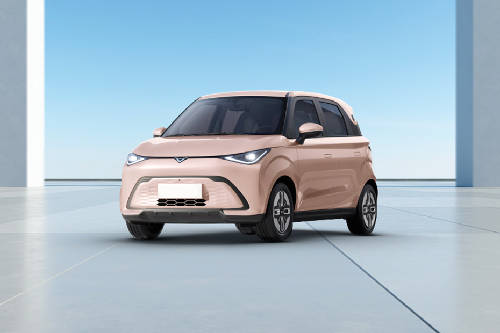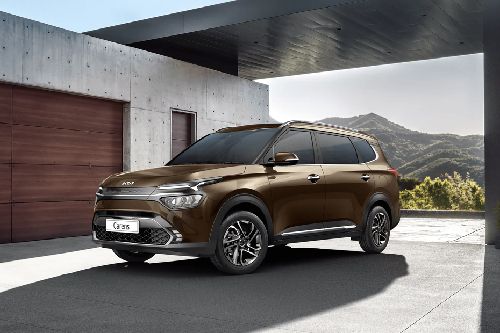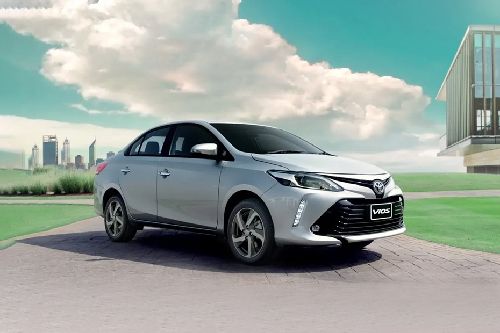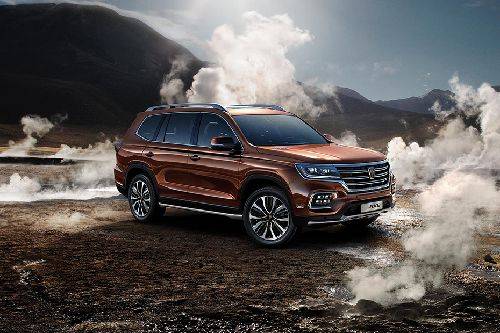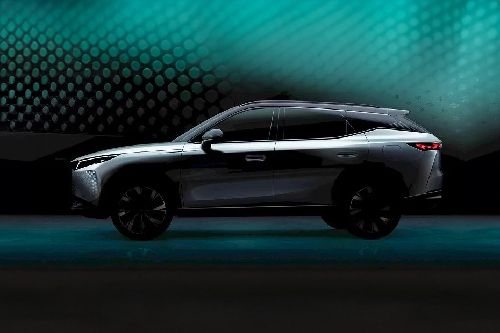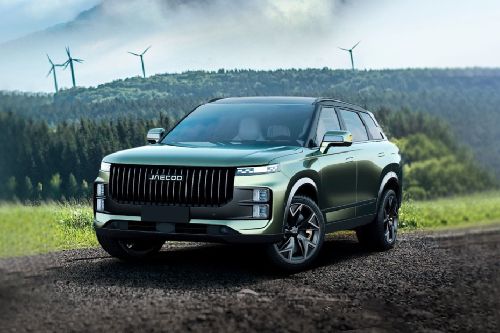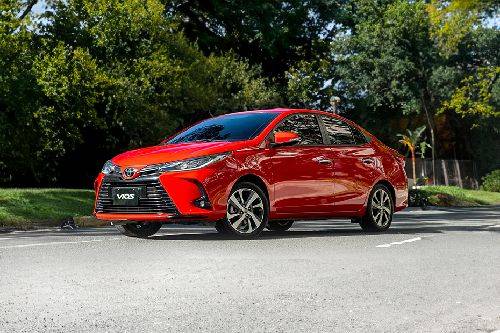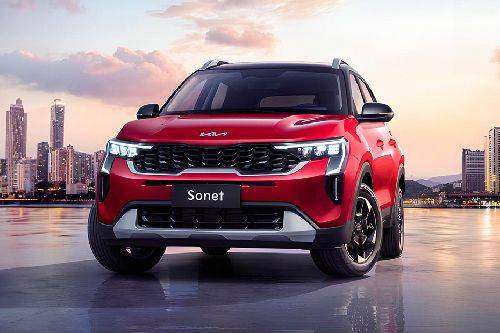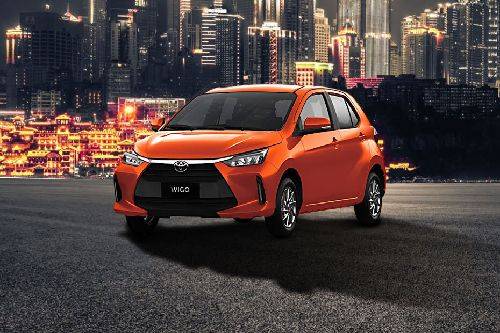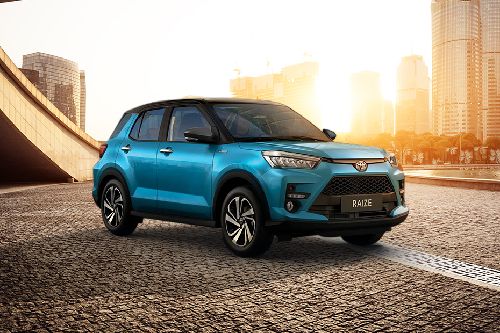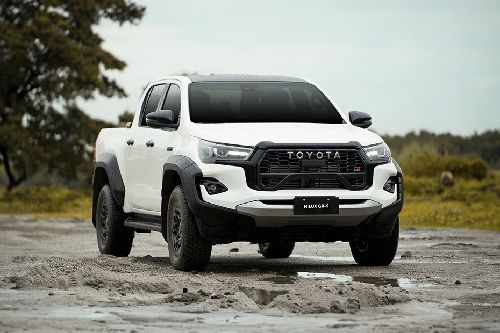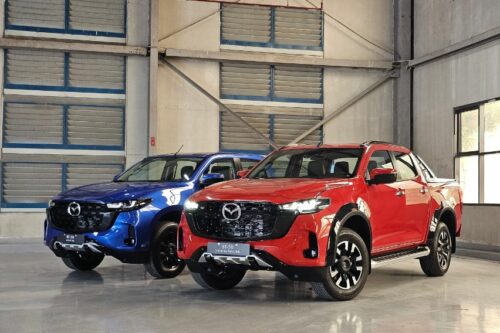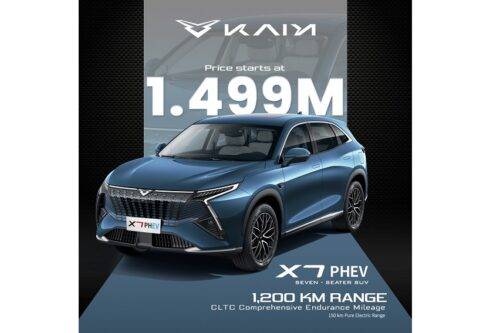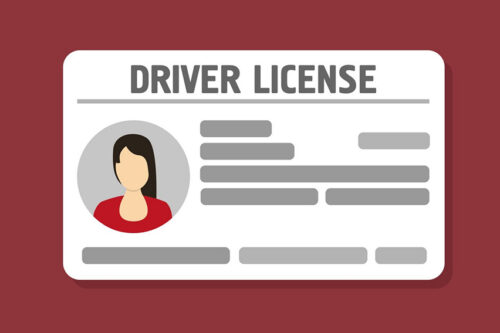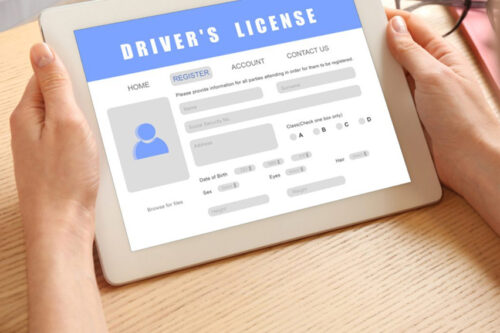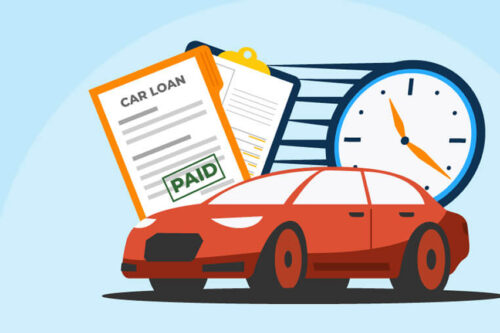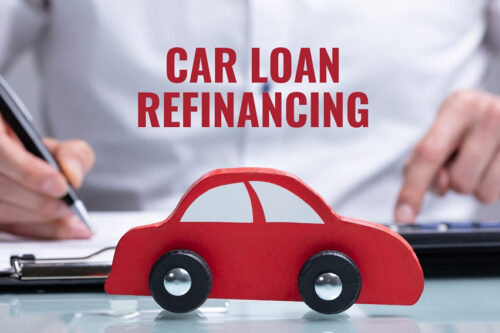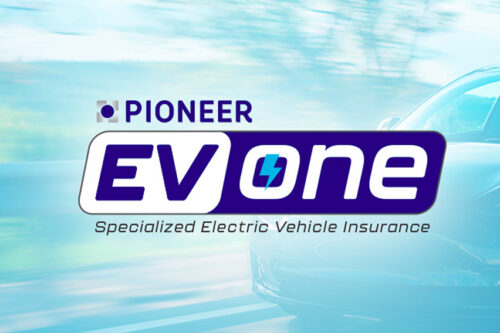Electric Car: A comprehensive buying guide
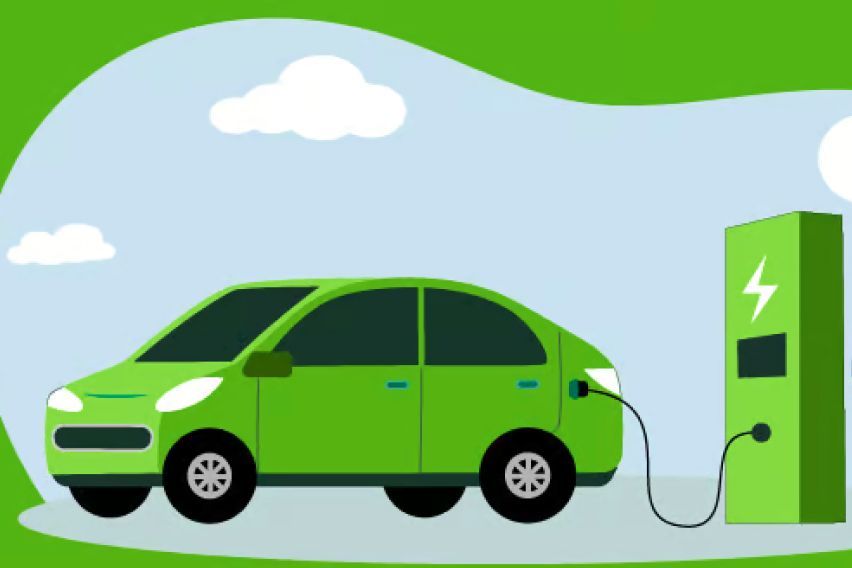
When we talk about the future of mobility, electricity is the term that comes to our mind. Going electric reduces dependence on fossil fuels which in turn has a positive impact on the planet.
This eco-friendly mode of transportation has grown exponentially over the last few years and will continue to grow as more players are shooting products in the market. Thus making it difficult for the buyer to make a decision.
Helping you in the journey is Zigwheels Phillipians, helping the end user in their car buying journey. Here's a comprehensive guide to help you navigate the buying process
Electric Car: Factors to consider before buying
Starting with the factors a buyer should consider before buying an EV like budget, requirements, infrastructure, incentives, etc.
Budget Determination: Electric cars are a bit expensive, especially when compared to their conventional ICE counterparts. This is mainly due to the expensive battery pack and the complex electric drivetrain. Therefore, it is advisable to decide how much you're willing to spend. Remember to consider long-term savings on fuel and maintenance.
Understanding your needs: Consider your daily commute, driving habits, and charging options. This will help you choose the right electric car with sufficient range for all your needs.
Research available EV models: There are various electric car models available in the market, each with its features, range, and price. Research models from different manufacturers to find the one that suits you best.
Know the available incentives: The government offers incentives for purchasing electric vehicles, such as tax credits or rebates. Research the incentives available in your area to see how much you can save.
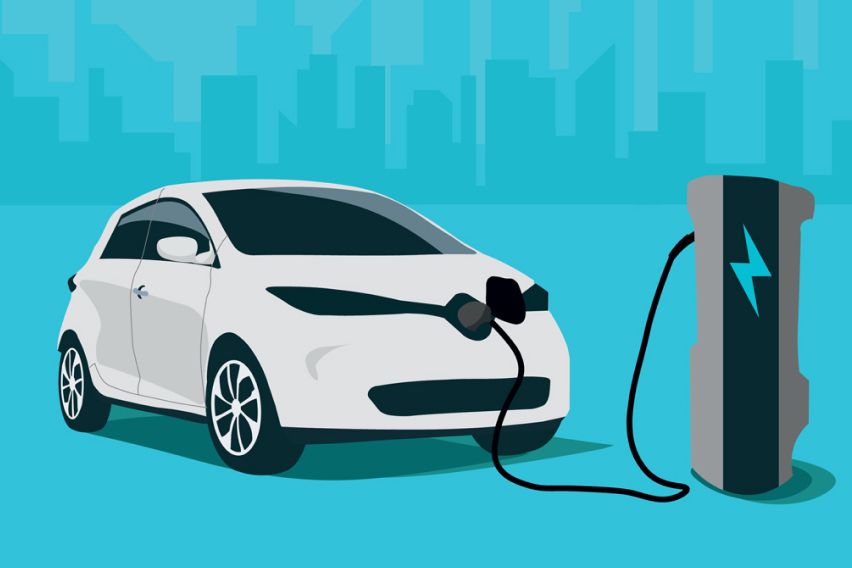
Consider local charging infrastructure: Check the availability of charging stations in your area, both at home and on the road. Consider installing a home charging station if you don't have one already.
Do test drive: Visit dealerships and test drive different electric car models to get a feel for their performance, comfort, and features.
Evaluate range and charging duration: Consider the range of the electric car on a single charge and how long it takes to charge. Make sure the range meets your daily driving needs, and evaluate if the charging time fits your lifestyle.
Check warranty and maintenance: Look into the warranty offered by the manufacturer for the electric car's battery and other components. Also, take into consider the maintenance requirements and associated costs compared to the traditional petrol cars.
Read reviews and ratings: Look for reviews and ratings from both experts and previous owners to get an idea of the real-world performance and reliability of the electric car you're interested in.
Consider resale value: Electric cars are evolving rapidly, so consider the resale value of the model you are eyeing. Some models may hold better value than other options.
Plan for home charging: If you have a garage or dedicated parking space, consider installing a home charging station. This can make charging more convenient and cost-effective.
Explore financing options: Financing options include outright owning a n EV, leasing it, or financing it through a loan. Compare each option to find the best deal suiting your budget.
Insurance: EVs are expensive so is their cost of insurance, as the value of vehicle and insurance go hand in hand. So, it is important to take this factor into consideration before buying an electric car.
Used electric car: If a brand new electric car is not falling in your budget then one can opt for a used option.Since an EV doesn’t have many moving parts, buying a pre-loved option is not that difficult. However, it is suggested to check the condition of the e-motor, charging options, tire condition, mileage, and battery performance.
After sale and service support: Ownership experience of a car to a great extent depends on the after sales service and support. As for EVs, most of them are accompanied by several years of battery warranty. Also, service centers now employ trained professionals who are well-versed in servicing an electric car.
Additional cost: An electric car is associated with several additional costs that come in the form of home charger and maintenance of charging stations. And it is crucial for a buyer to know it in advance.
By following these steps, you can make an informed decision as to whether you should buy an electric or ICE vehicle. If the answer is yes, then it's time to dive deep into electric cars and their components.
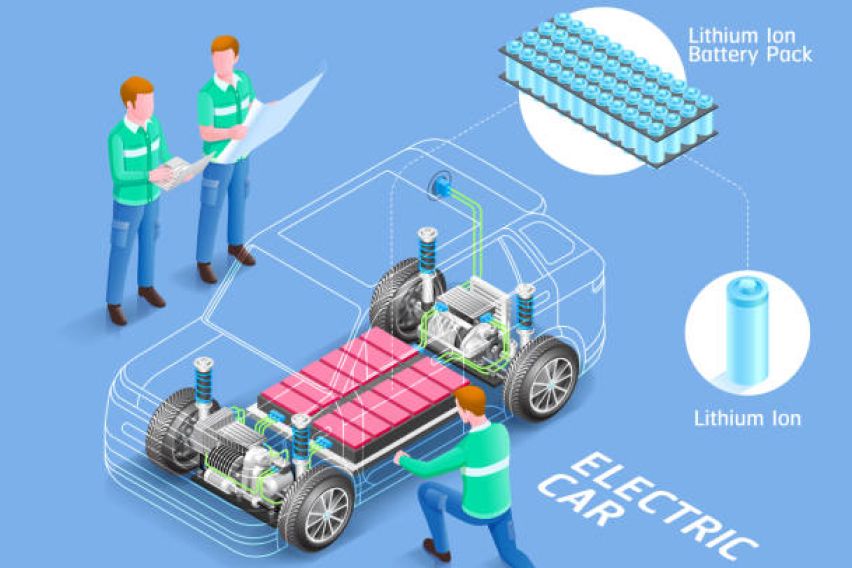
Electric car: Key components
Electric cars have several key components that make them distinct from traditional internal combustion engine vehicles. Here are the basic components of an electric vehicle:
Battery Pack
- The battery pack is a crucial component that stores electrical energy to power the vehicle.
- Lithium-ion batteries are commonly used due to their high energy density.
Electric Motor
- The e-motor converts electrical energy from the battery into mechanical energy which inturn drives the vehicle.
- AC (alternating current) or DC (direct current) motors are used in electric vehicles.
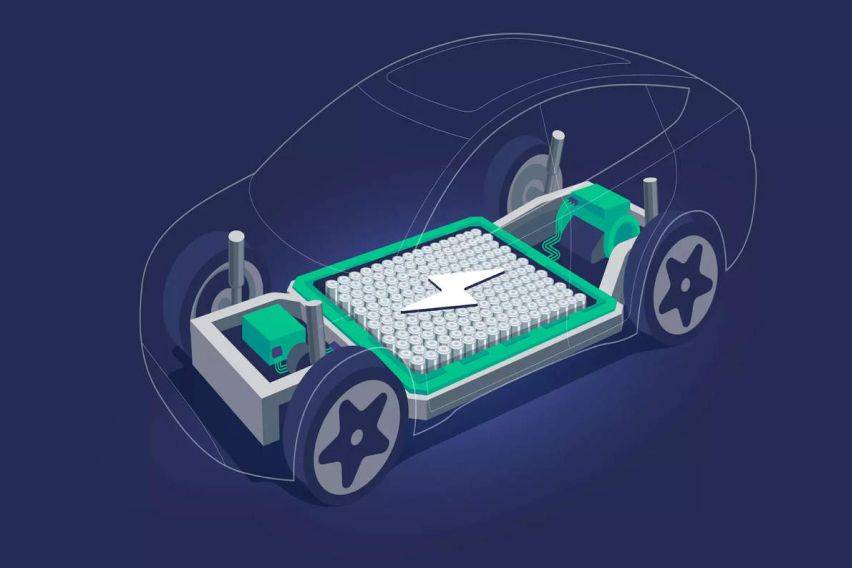
Power Electronics
- Power electronics include inverters and converters that manage the flow of electrical energy between the battery and the electric motor.
- Inverters convert DC from the battery to AC for the motor, while converters handle charging and regenerative braking.
Charging Port
- The charging port allows the vehicle to be connected to an external power source for recharging the battery.
- Charging ports can vary, including standard AC outlets, Level 2 charging stations, and fast-charging DC stations.
Onboard Charger
- The onboard charger converts AC power from an external source (e.g., charging station or wall outlet) into DC power for the battery.
Thermal Management System
- Electric vehicles require a thermal management system to regulate the temperature of the battery pack, ensuring optimal performance and longevity.
Voltage Converter
- A voltage converter adjusts the voltage of the electrical system to meet the requirements of various components in the vehicle.
Electric Vehicle Controller
- The controller manages the overall operation of the electric vehicle, coordinating the functions of the battery, motor, and other components.
Transmission or Reduction Gear
- In some electric vehicles, a transmission or reduction gear is used to optimize the transfer of power from the electric motor to the wheels.
Regenerative Braking System
- This system captures and converts kinetic energy during braking into electrical energy, which is then fed back to the battery for recharging.
Vehicle Control Unit (VCU)
- The VCU monitors and controls various aspects of the electric vehicle, including acceleration, braking, and overall system efficiency.
Electric Vehicle Charging Cable
- The charging cable connects the vehicle to a charging station or power source.
Understanding these basic components provides insight into how electric vehicles operate and what sets them apart from traditional combustion engine vehicles. The integration of these components results in a more energy-efficient and environmentally friendly mode of transportation.
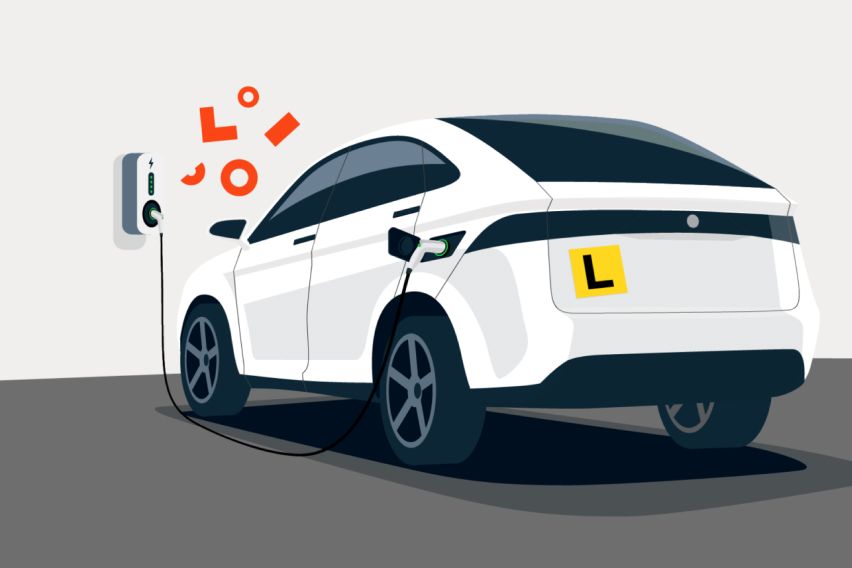
Electric car: A important aspects
Now that you have learned about electric cars and the factors before buying one , it is now time to learn a few aspects about an electric car.
Type of EVs
There are mainly four types of electric vehicles namely fully-electric, hybrid electric, plug-in hybrid electric and fuel cell electric.
Driving range
Range is a crucial factor while buying an EV as the charging infrastructure in the Philippines is still in its developing phase. So, it is better to go for a car with a good driving range.
Type of battery
Most EVs today are fitted with Lithium-Ion battery packs which are considered lightweight and efficient. It is also important to consider the battery's capacity as higher the capacity the better the range.
Acceleration
The acceleration of an EV depends on several factors including the number of e-motors and power generated by the e-motor. Overall, the acceleration of an EV is at par with the internal combustion engine cars, thanks to the instant torque generated by the motor.
Charging
EVs are offered with two charging options - standard and fast charging. Installing a fast charger is expensive compared to a normal charger, but it charges the battery in just a few hours.
Power & Torque
Always check the power (provided by electrical energy) and torque (depending on motor power) of the EV as they add to the owner's driving experience.
Battery warranty
Always check how much warranty is provided by the manufacturer on the battery pack, as it is one of the most expensive components of the EV.
Energy consumption
Always consider the amount of electricity consumed by an EV to determine its efficiency compared to a conventional car. Usually, electric cars have very low running costs when compared to IC engine vehicles.
Bottom line
Buying an electric car can be tricky, if you are not well aware of the fundamentals like basic working, price, available options, etc. However, with Zigwheels the entire process becomes much easier and relaxed for the buyer.
Sell your car at the best price
 Verified and genuine buyers
Verified and genuine buyers
Trending & Fresh Updates
- Latest
- Popular
You might also be interested in
- News
- Featured Stories
Featured Cars
- Latest
- Upcoming
- Popular
Car Articles From Carmudi
- journal
- advice
- financing
- insurance

